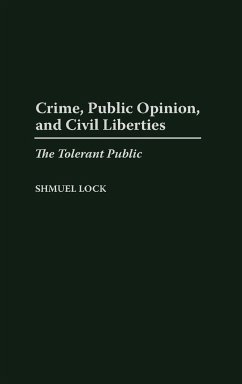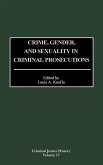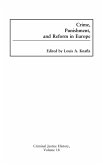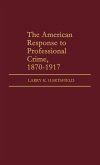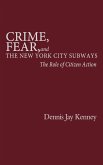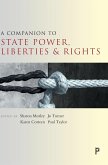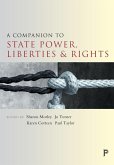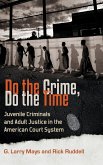Two original national surveys were conducted to examine the differences between mass and elite opinion regarding the policy making decisions of the Supreme Court in the area of criminal procedure. The results of the surveys indicate that those who have obtained a legal education are generally more protective of civil libertarian ideals. However, at times, when the Supreme Court has decided against what would be considered the civil libertarian alternative, lawyers are actually less civil libertarian than the rest of the mass public. Among the mass public, knowledge and education did not play as prominent a role in shaping opinions as did demographic variables. The survey results indicate that divergent opinions regarding the root causes of crime account for the differences in opinion regarding police methods in apprehending potential defendants. Most surprising, and most significant, is that contrary to reports in the mass media, the mass public is relatively protective of civil liberties. Professor Lock then proposes approaches whereby the courts and the legal profession can work to develop an even more supportive mass public. A study of particular importance to students, scholars, and public policy makers in the areas of constitutional and criminal law and public opinion.

